Anti-Gentrification Planning in Post-Industrial Woodstock, Cape Town, S.A.

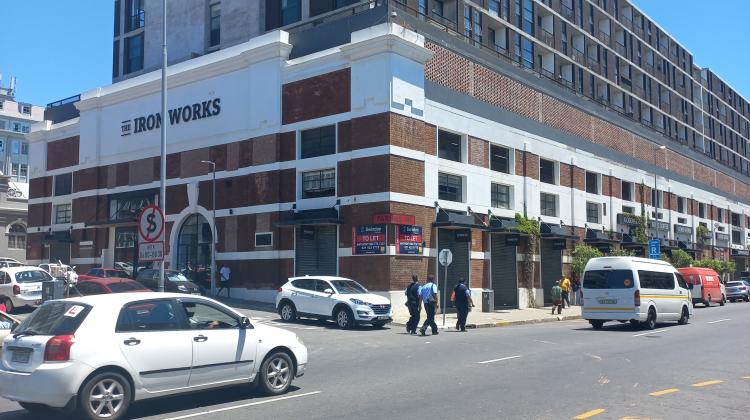
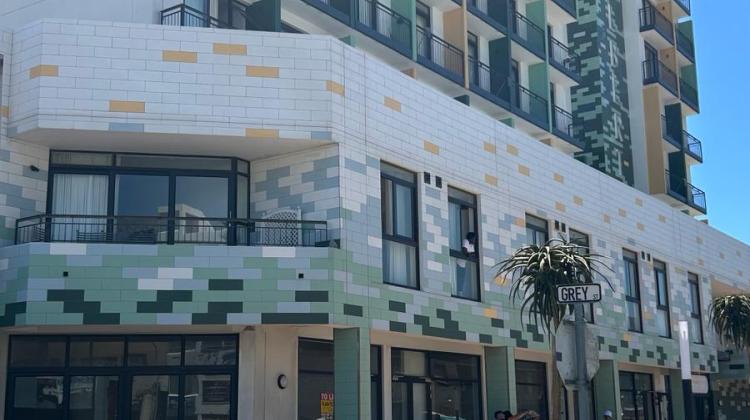
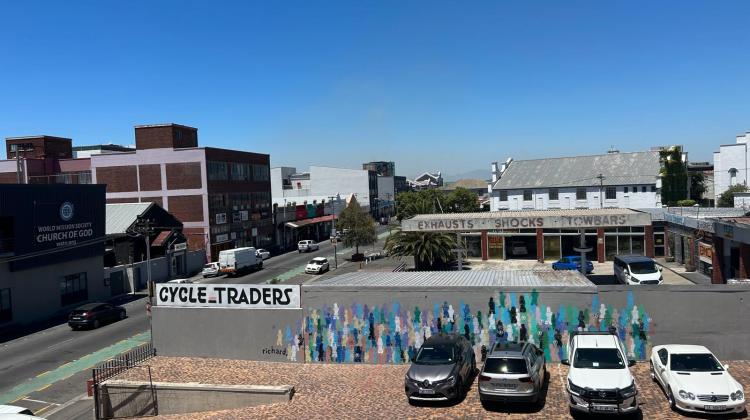

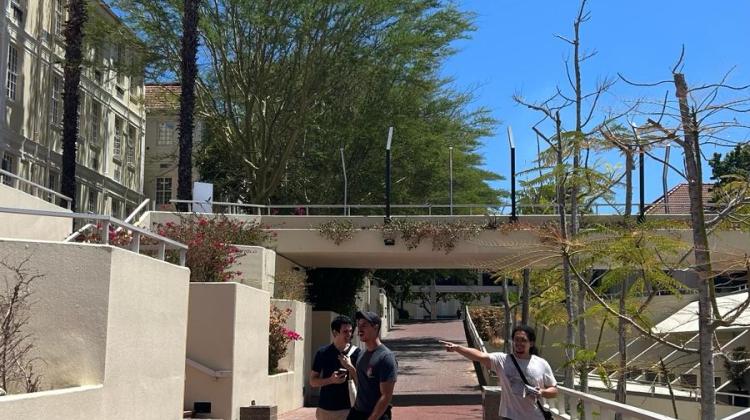
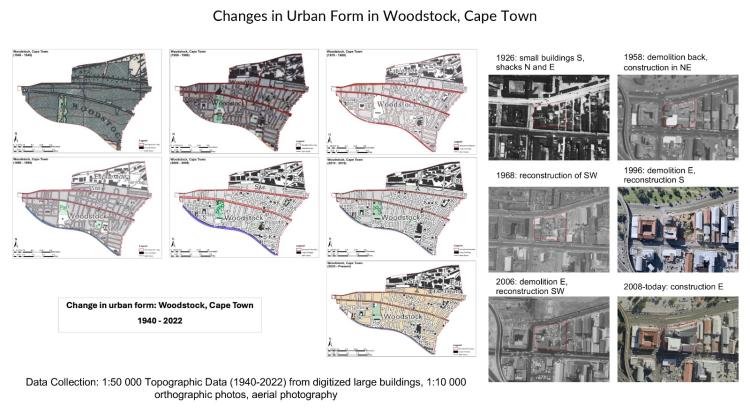

South African cities bear the scars of racial segregation. Central business districts (CBDs) and inner-city neighborhoods were contested spaces that witnessed mass evictions and the relocation of non-white citizens. Conversely, the historically blue-collar neighborhood of Woodstock, located 2 km from the Cape Town CBD, defied exclusive racial classification. Efforts have been made to rejuvenate the neighborhood from its postindustrial slump and entice the upper-middle class. Neoliberal approaches to promote a globally competitive Cape Town have been implemented through mechanisms like city improvement districts. Such endeavors have improved Woodstock’s appeal but have displaced long-time residents and alienated those remaining. Despite their successes, the officials downplay the impact of renewal policies on the broader Woodstock community. The study, funded by MISTI Africa, aims to analyze historical spatial and demographic transitions in Woodstock to unpack the scale and nature of gentrification and postindustrial development. To facilitate this, changes in the industrial, retail and residential built form and representative resident profiles will be documented. A mixed-method design will be adopted, incorporating transect walks and observation to gather visual and anecdotal evidence; review of legislation and policies that have influenced gentrification; archival reviews of demographic and spatial attributes; spatial analysis (digitizing historical maps and mapping the changing urban morphology); and qualitative interviews with the residents and other stakeholders. The study will enrich and contextualize the existing literature and generate novel baseline data to inform future research and sensitized development decisions. The study will commence in Summer 2023. Principal Investigators for the project are Brent D. Ryan (MIT) and Masilonyane Mokhele (Cape Peninsula University of Technology).


